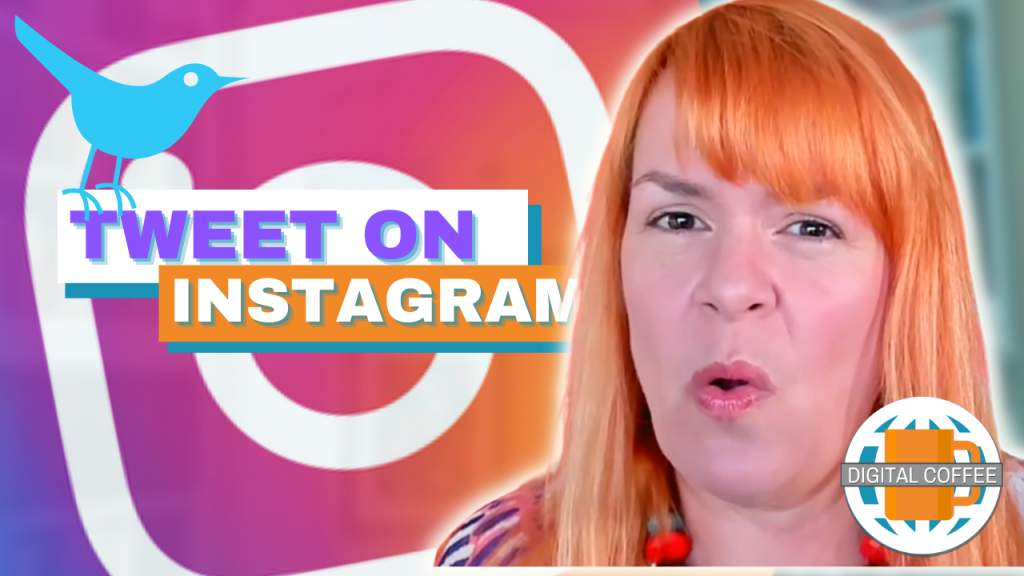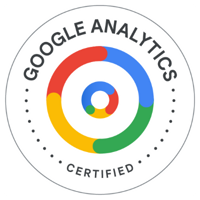
There are so many ad types available on Facebook that opening ads manager and browsing can be daunting.
Which type of ad should you run? There’s: brand awareness, reach, traffic, engagement, app install, video view, lead generation, conversions, product catalogue sales, store visits and every time you log in there seems to be another.
One choice you’ll have to make if you want to capture email addresses, phone numbers or if you want people to complete a form is whether you should use:
1. Lead Generation Ads – You create a form within Facebook that your audience completes
2. Website Conversions – Your audience visits your website and completes a form on site. Facebook measures the number of people who complete that action (convert) via a bit of code you add to your site (pixel).
Let’s find out:
Lead Generation ads
I’m a big fan of Lead generation ads. They are simple to set up, my client doesn’t have to do anything special to their site to enable them so we can get started straight away.
Here are the advantages:
1. No code required
Installing the Facebook Pixel (that enables lead conversion ads) is a complex process. You need to activate the code and work out how to add the various parts of it to your site.
Although there are some cool tools available that can help you install the code it’s so much quicker just to set up a Lead Generation ad. All you need is a link to your privacy policy, an image and a list of questions.
2. No need to leave Facebook
You’ve probably noticed that there’s a problem with links on Facebook. When you click a link from your mobile device it takes a long time, a really long time to load. In many cases you probably abandon the link before it opens fully. You may even be reluctant to click links in the future because of the load time.
Lead generation ads operate within Facebook. Instead of sending your audience off-site everything happens on Facebook. Your audience clicks the ad, the form opens, some fields (including name, email address and phone number) are auto-populated with information from their Facebook account. And that’s it. Simple. You’ve got a lead
3. Cheaper results
Who doesn’t want cheaper ads? The cost per acquisition (form filled) for lead gen ads is significantly cheaper than conversion ads. Possibly because you aren’t losing people to the slow loading website.
Website conversion ads
1. Site Visitors
Facebook is greedy, it wants to keep your website visitors for itself, that’s why Lead Gen ads exist. If you can drive traffic to your own site there are some significant advantages.
You can retarget your website visitors with Twitter, Pinterest, LinkedIn and search ads. This allows you to follow your site visitors around the web.
If you are using a customer relationship management (CRM) tool like Hubspot or Wishpond (to name just two) you can track your subscribers activity on your site and market to them accordingly.
2. More reliable leads
Because Lead Gen ads are so seamless it’s almost too easy for Facebook users to complete them. Some users even manage to complete them by accident.
When people come to your site the quality of the lead, their relevance and interest in what you are doing is usually better. But don’t take my word for it, test it for yourself.
3. Integrates with your own CRM or email marketing software
You can link your lead gen forms to CRM or email marketing software but it takes a bit of work. If you are a Mailchimp user there’s also a cost involved as it connects via a third party service. When you send people to your site to complete a form the information goes straight into your system.
Which should you use? Lead Gen or Conversion Ads?
Lead gen ads are best for users who don’t have a CRM built into their website and who are unable to install the Facebook pixel immediately.
If you do choose this ad type be sure to add at least one custom question to your form to discourage accidental entries.
Conversion ads are better if you are running a cross-platform campaign (where you build an audience from Facebook website visitors and retarget them elsewhere). Or if you use a CRM where you can track the behaviour or your website visitors.
But don’t take my word for it. Test. Create two campaigns, one with each objective and see which one delivers the best quality leads.
Get a headstart on Google Analytics 4 & understand the lingo with the GA4 phrase book









